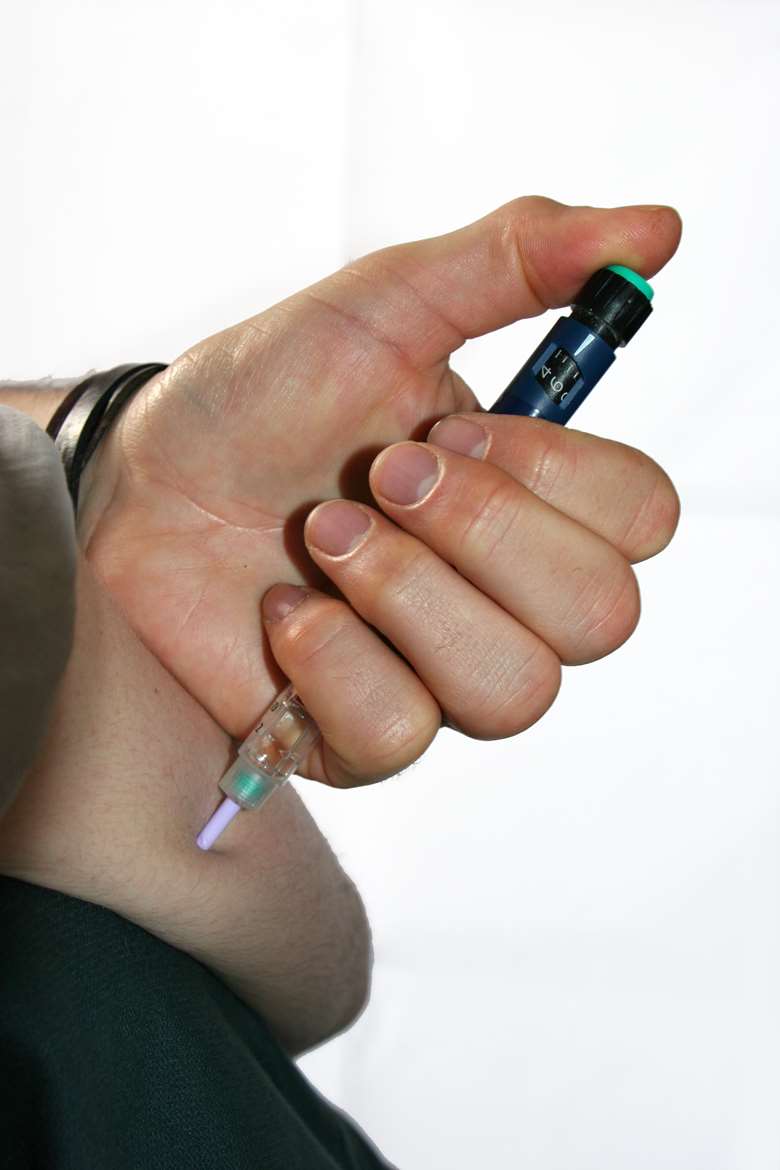Diabetes 'a safeguarding issue', finds serious case review
Nina Jacobs
Wednesday, June 26, 2019
?Public sector workers should be required to consider diabetes in children and young people as a safeguarding risk, a serious case review into the death of diabetic teenager has recommended.

The review by East Sussex's Local Safeguarding Children Board (LSCB) identifies ways in which health workers and schools could improve how they work together to support children with diabetes.
It finds that opportunities to provide preventatives services "were too often missed" prior to the hospital death of the 18-year-old in May 2017, from a complication associated with type 1 diabetes.
The findings could impact thousands of children - there are about 35,000 children and young people under the age of 19 with diabetes in the UK, of which 96 per cent have type 1.
Diabetes UK research puts the UK as among the worst performing countries for blood glucose control.
Board chair Reg Hooke, claims that the case highlights lessons to be learned not just in East Sussex but across the UK.
The board has written to the departments of health and education asking them to review guidance provided, in particular to schools.
Commenting on the findings, Hooke says: "The report provides a number of recommendations for how GPs, hospitals and schools in East Sussex should improve how they work together to support children with health conditions such as diabetes.
"These improvements are already being made locally but at a national level there needs to be a review of current practice and policy to ensure the same learning takes place across the country."
The letter urges the government to provide schools with better guidance on the role they should play in working with GPs and hospitals to provide joined-up care, after an investigation revealed the teenager's diabetic control had been "extremely poor", with a long history of missed appointments, together with poor school attendance, following his diagnosis five years earlier.
The review concludes that his school did not consider his health and support needs adequately and states that his problems were not properly assessed to consider wider issues of neglect or safeguarding.
The school had not appreciated the significance of his weight, for example, which had dropped drastically from 23 stone to nine stone.
Information regarding occasions when he felt unwell at school - and later when he complained of feet and back pain while attending a college course - was not shared or questioned further, the LSCB said.
Hooke claims that it is vital that vital guidance "makes it clear to schools that they have a key role for ensuring safeguarding procedures are used in appropriate cases where good health depends on following medical guidance".
Health professionals should be more alert to risks when appointments are missed and more effective in challenging families that do not provide adequate care, the report says.
On admission to hospital, his physical and emotional state indicated severe neglect which had started during his childhood, the report states.
"Learning has been identified in this review regarding the need to ensure that frequent missed appointments and poor compliance with medication for a life-threatening condition receives a robust response that considers the risk associated with the lack of engagement," it concludes.
The report said health professionals that came into contact with him should have challenged why he did not attend many diabetic clinics, particularly as he switched from treatment as a child to being an adult.
They should also have taken action when they became aware that he was not taking his insulin effectively.
Hooke adds: "People can live full and rewarding lives with diabetes if it is managed well. However, not doing so is dangerous and can be fatal."




